Javed Mawji, spoke exclusively to letsrecycle.com, at the firm’s bottle recycling plant in Rainham, which has the capacity to process around 18,000 tonnes of PET plastic bottles per year.
The £6.5 million plant was set up with £2.2 million in financial backing from the London Waste and Recycling Board (LWARB), as well as support from German PET recycling plant designer STF Group, which provided the sorting, washing and granulation kit for the operation. Private investors have also provided finance to the company.
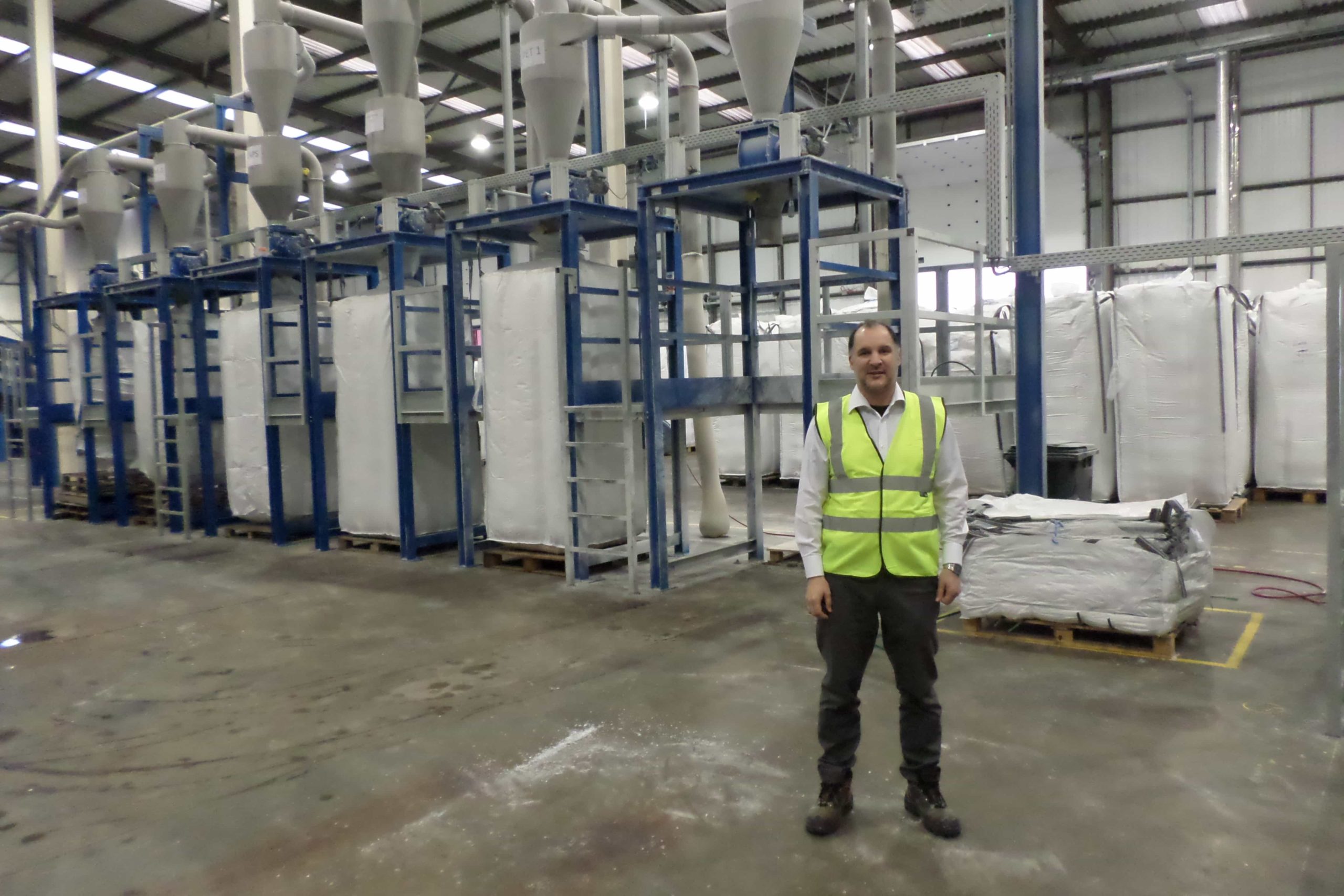
Industry guidance is coming from the firm’s chairman, waste management veteran Ian Goodfellow – with the former Shanks managing director having joined the firm in late 2013.
Ecotech is currently ramping up production at the plant, after operations began in late summer 2014, and aims to reach full capacity in the coming weeks. The site, which was formerly owned by Regain Polymers, produces a clear PET plastic flake, which can be extruded for use in the production of food-grade plastic packaging.
Mr Mawji told letsrecycle.com that the majority of the material produced at the site to date has been used for production in clear PET food trays, although the material is also suitable for use in plastic bottle production.
PET flake
Another potential outlet for PET flake could come in the form of soft drinks giant Coca Cola which has a bottle blowing facility at Edmonton in North London. The firm recently ended its long term joint venture Continuum Recycling with ECO Plastics, but has maintained its commitment to secure rPET for use in its bottle production process.
He said: “What we are doing is concentrating on PET flake because we have the expertise in that area. We think that the market in the UK has sufficiently matured to have a sufficient amount of feedstock to supply us. A few years ago that would have been different. We want to divert material from being exported.
“The material we are producing is suitable to go into food applications – with a good extruder it can be used in those applications. For the time being we will stick on producing flake, that is our core competency.”
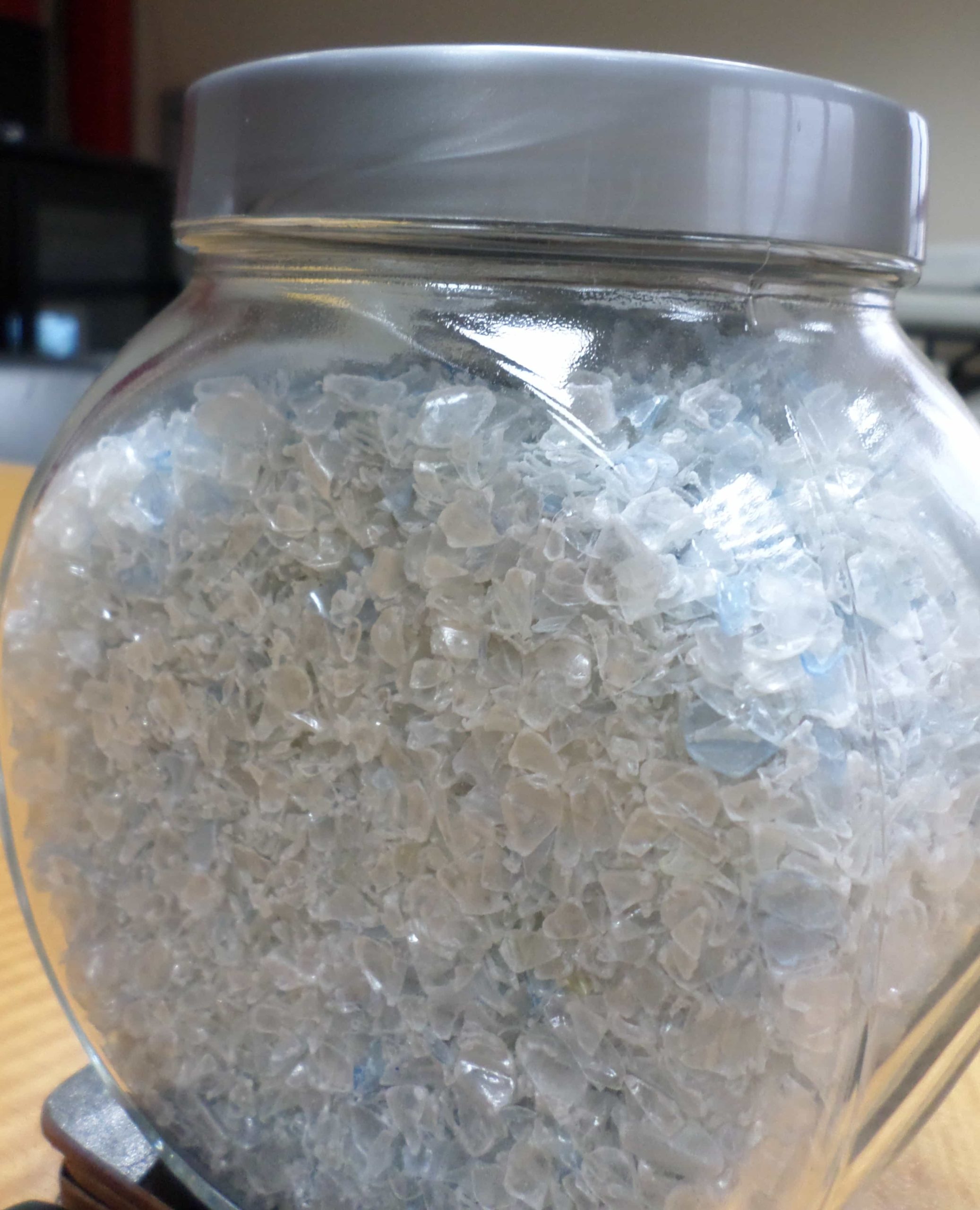
Material enters the site in the form of baled clear PET bottles, as well as a small fraction of PET-rich mixed bottles sourced through household collections from waste management firms. The company has said that it is seeking to secure the highest quality clear PET available in the UK market to feed the plant, and wants to encourage quality throughout the supply chain.
Feedstock
Mr Mawji added: “The basic model is that we are paying a good price for feedstock to produce a good product, and we want to build a long term stable relationship with our suppliers. We are buying from waste management firms and some brokers.”
Many plastics recyclers have claimed that the current market outlook is bleak – particularly for PET bottle reprocessors – due to falling oil prices and fluctuation in demand for finished product. One notable casualty has been the established bottle recycler ECO Plastics, which was placed into administration and bought by German investment firm Aurelius in December (see letsrecycle.com story).
Mr Mawji admits that it has been an ‘interesting time’ to enter the plastics market, having begun looking into the venture more than three years ago, but he has indicated that he is confident Ecotech’s business model can weather current market trends.
“I think there is still stable demand in the UK, especially because people do want to use recycled material, and we are still competing with raw material that is being imported from overseas. Prices are still acceptable.”




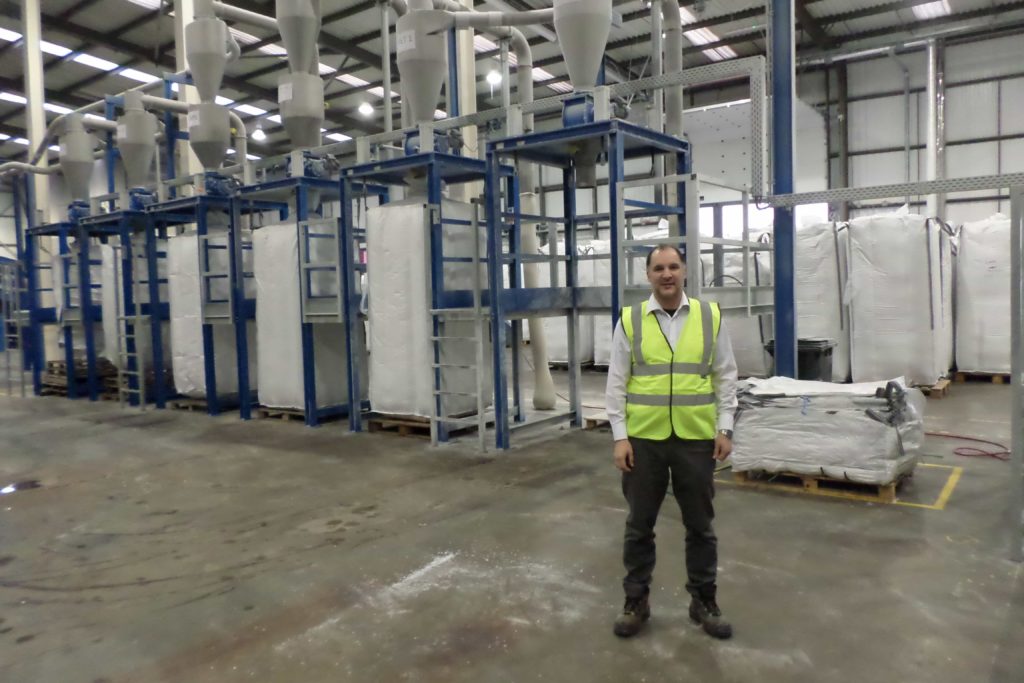
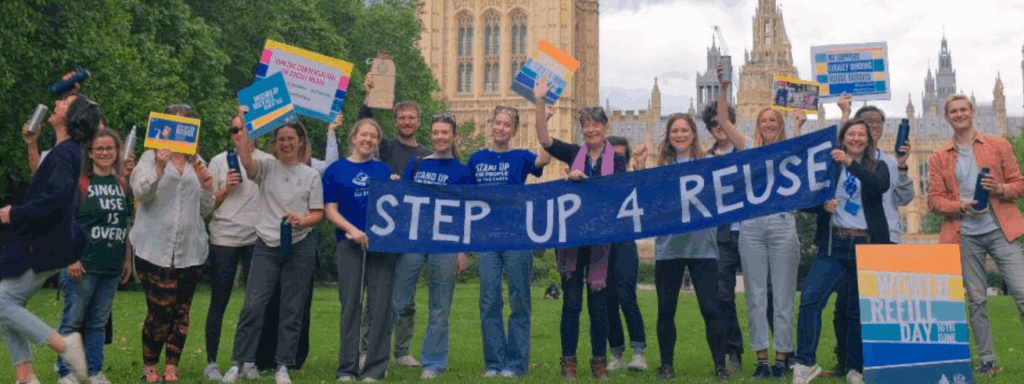
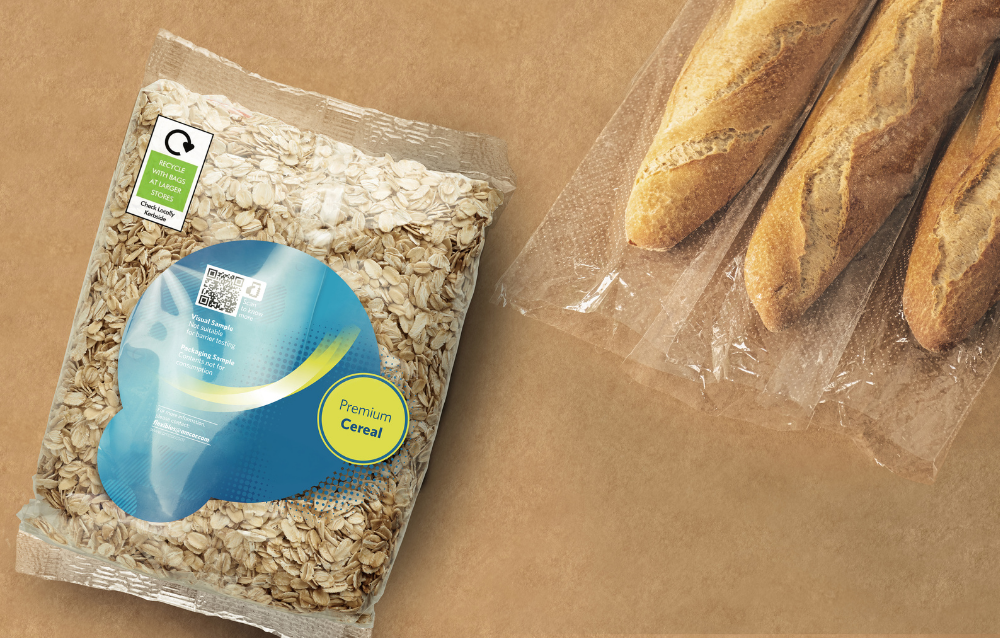
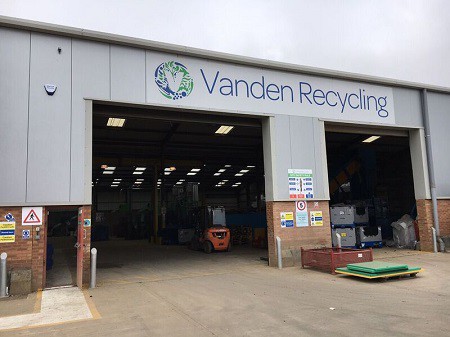
Subscribe for free